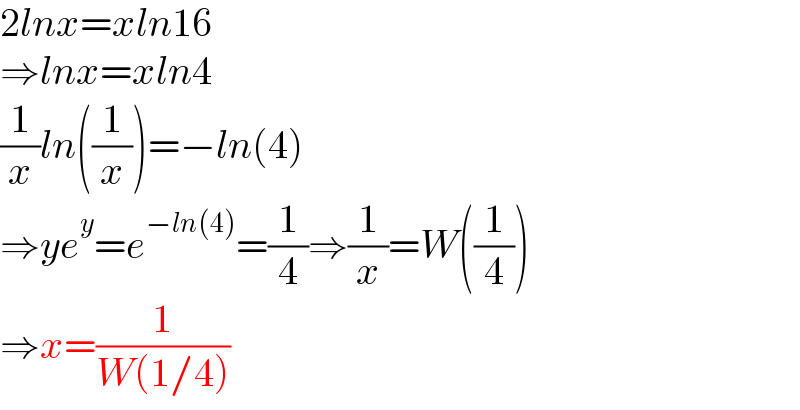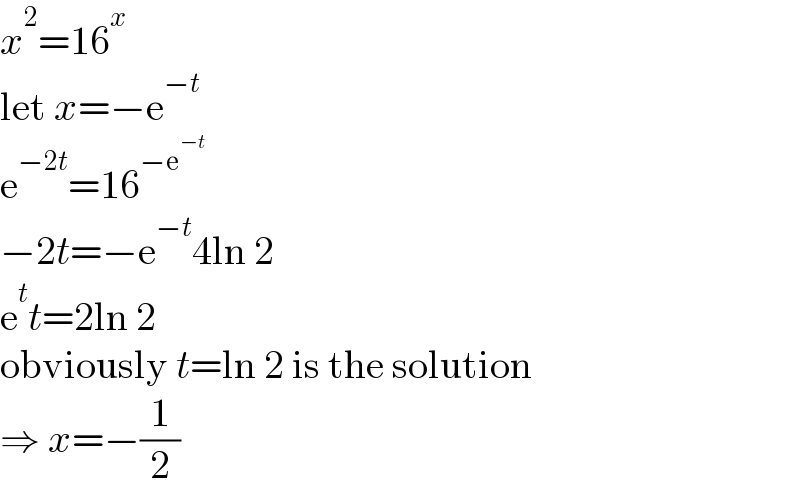
Question and Answers Forum
Question Number 183756 by Michaelfaraday last updated on 29/Dec/22

Answered by aleks041103 last updated on 30/Dec/22

Commented by Michaelfaraday last updated on 30/Dec/22

Commented by mr W last updated on 30/Dec/22

Commented by Michaelfaraday last updated on 30/Dec/22

Commented by mr W last updated on 30/Dec/22

Commented by Michaelfaraday last updated on 30/Dec/22

Answered by MJS_new last updated on 30/Dec/22

Commented by Michaelfaraday last updated on 30/Dec/22

